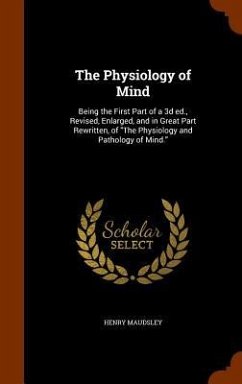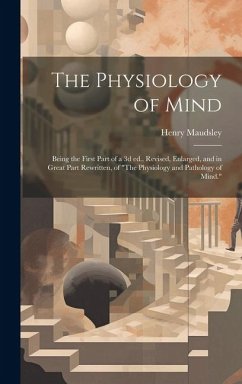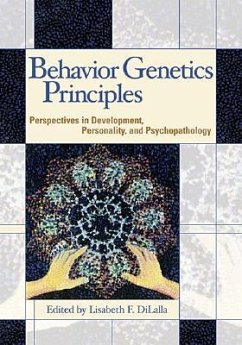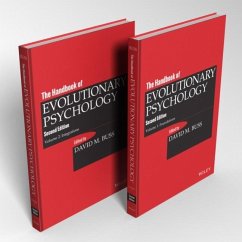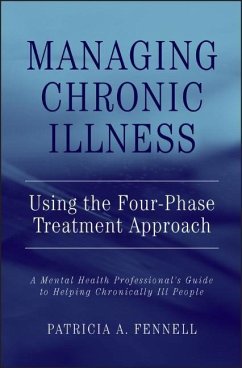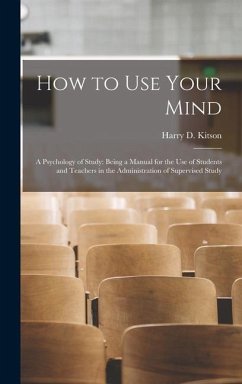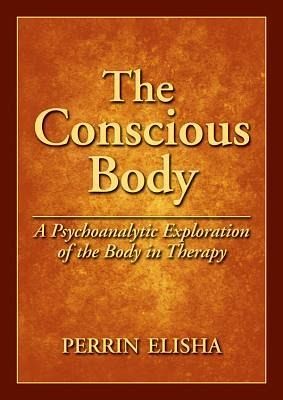
The Conscious Body
A Psychoanalytic Exploration of the Body in Therapy
Versandkostenfrei!
Versandfertig in über 4 Wochen
29,99 €
inkl. MwSt.

PAYBACK Punkte
15 °P sammeln!
Perrin Elisha delves into the underlying bias in psychology and psychotherapy that views the mind and body as separate, and that views the mind as having a higher status than the body in all contexts. Elisha confronts the fact that most people in Western contemporary culturepsychologists as well as lay peoplehave come to think of psychological space, what we think of as consciousness, as somehow not really being located in the body.The author's lively examination of the mindbody split moves from the classical ideas all the way up through Western history to modern psychology and the intriguing findings of neuropsychology. A rigorous, metapsychological review of the evolution of a central idea in psychology, this book not only enlightens readers to the unconscious biases in their own thinking, but points to a new way to view the mindand all the brilliant complexity of consciousnessas embodied.



